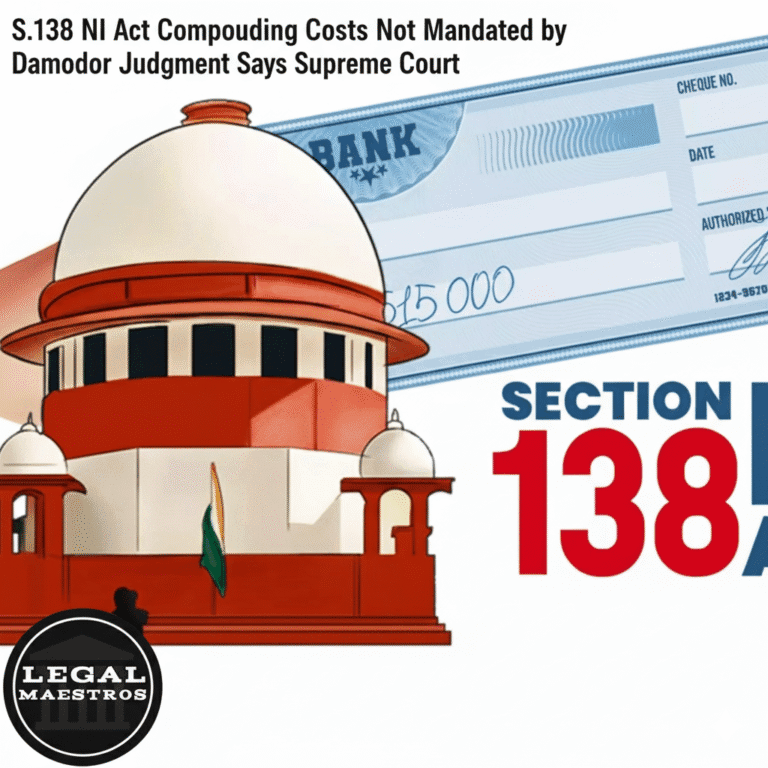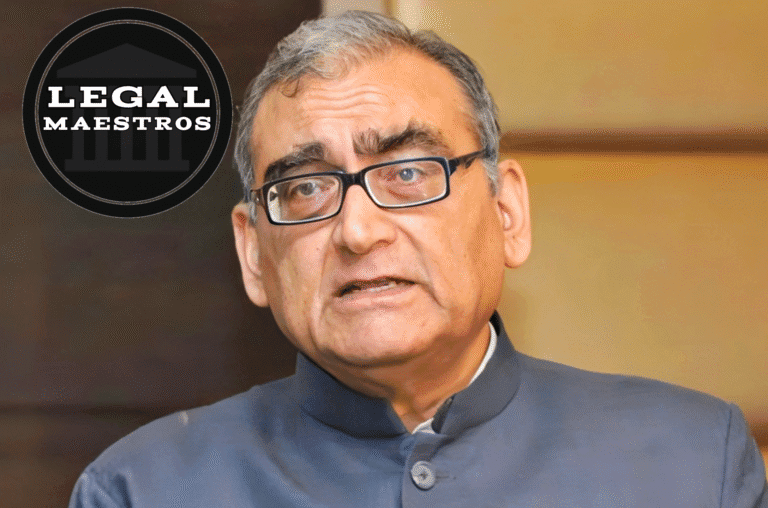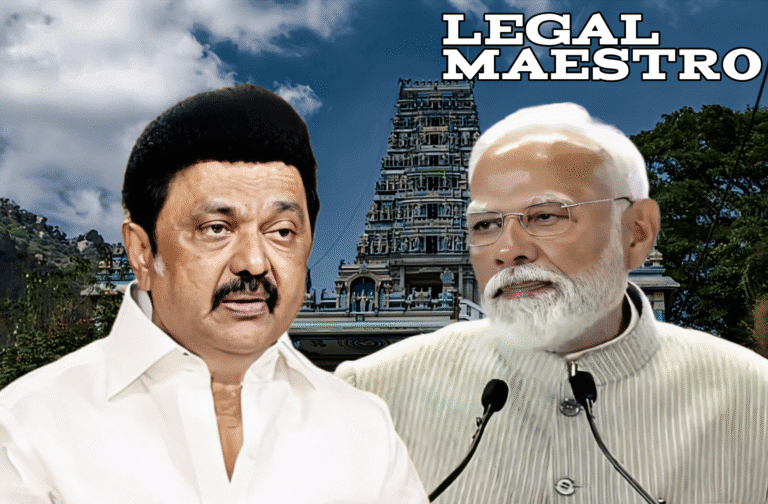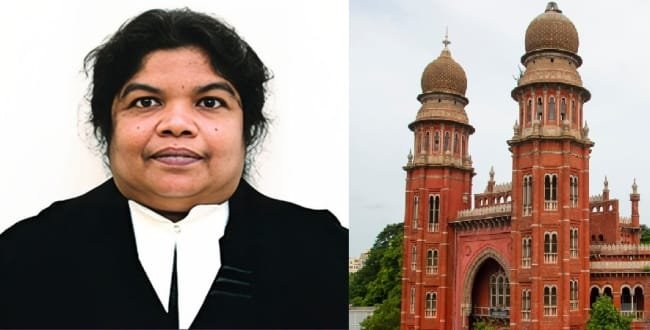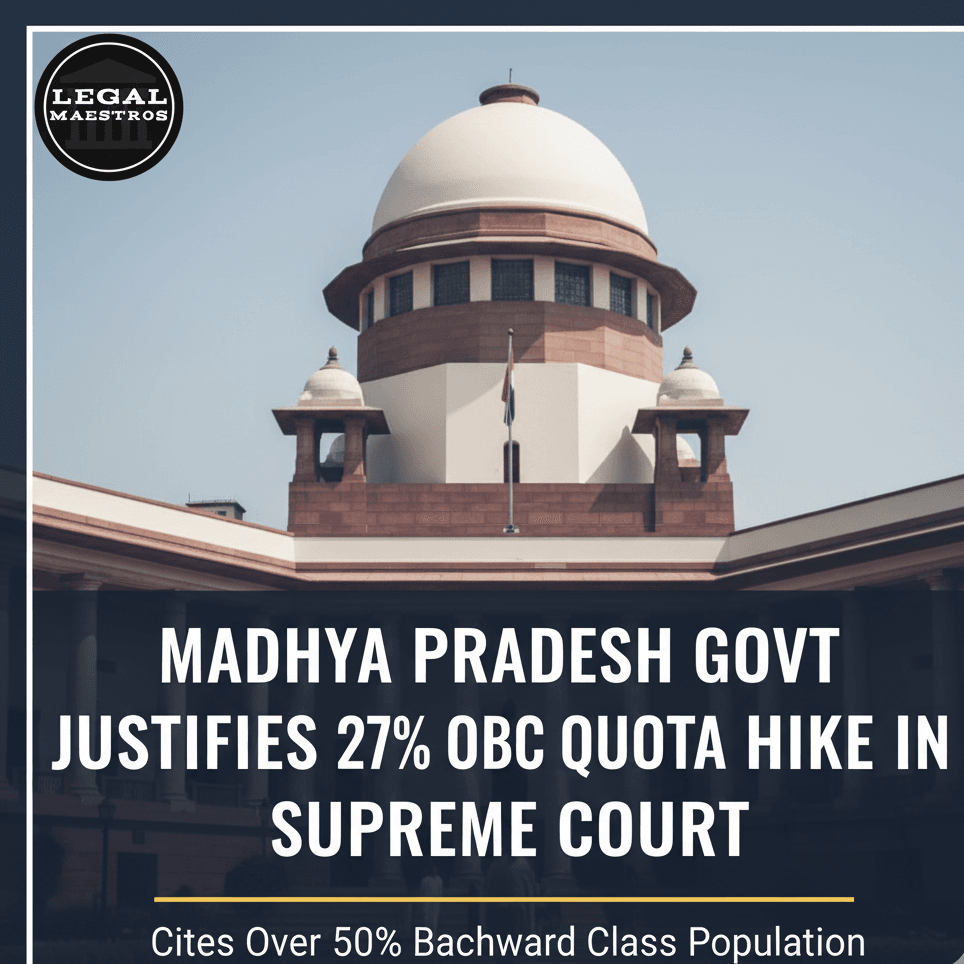
Madhya Pradesh Govt Justifies 27% OBC Quota Hike in Supreme Court, Cites Over 50% Backward Class Population
The Heart of the Quota Debate
The Madhya Pradesh state is in the midst of a major legal and social controversy. The move to raise the quota of Other Backward Classes (OBCs) reservation by the government 14 to 27 percent has been opposed, and the case has finally reached the Supreme Court of India. This action has raised a very heated debate on principles of social justice, equality and lawful boundaries relating to the country reservation policy.
The fundamental issue in this court battle is how the government had justified the increase. The state has come up with a strong demographic-based argument in order to justify its policy. It states that OBC community is not a minority but a majority in the state. It is based on this assertion that the case is to persuade the top most court in the country that the incremental quota is a measure that must be undertaken so as to guarantee fair representation.
Affirmative action or reservation is an instrument provided in the Indian Constitution to empower historically disadvantaged groups. It gives them seats in government employment, schools and in the legislature on a reserved basis. The scope and application of these policies has however resulted in complicated legal issues, the Madhya Pradesh case being the recent case of this constitutional debate.
For any queries or to publish an article or post or advertisement on our platform, do call at +91 6377460764 or email us at contact@legalmaestros.com.
The outcome of the Supreme Court case in this issue will have a ripple effect, not only to Madhya Pradesh but also to the whole nation. It will put the accepted legal rules of reservation to test, and may end up transforming the paradigm of state treatment of the problem of representation of backward classes. Millions are eagerly anticipating the result of this, because it raises the most basic issues of fairness and opportunity.
Justification Through Numbers
The main argument by the government of Madhya Pradesh is based on one strong argument that is, the population of OBCs in the state is more than 50%. This objection was officially filed before the Supreme Court in the form of an affidavit which affirms that it is not only reasonable to provide such reservation of 27% but also necessary to have an adequate representation of such a significant percentage of the population. According to the government, the quota must be proportioned to the community in the state population.
To prove this allegation, the state uses the findings of Madhya Pradesh State Backward Classes Commission. This special commission was assigned to do a comprehensive study to evaluate the social, economic and educational conditions of backward classes. The report of the commission found OBCs to be grossly underrepresented in government services and in educational establishments, and it traced this underrepresentation directly to their high population.
For any queries or to publish an article or post or advertisement on our platform, do call at +91 6377460764 or email us at contact@legalmaestros.com.
It is an evidence-based strategy that will attempt to create a strong case that cannot be easily challenged by courts. In providing empirical evidence, the government wishes to have it prove that their policy is not a random political choice, but a calculated reaction to a concrete social fact. The findings of the report on the socio-economic conditions of the OBCs are taken to create a picture of perceived ongoing disadvantage that should be corrected by reservation.
According to the government, unless such a higher quota is enforced, a large section of its population would not be given a chance to better themselves. It puts the 27 percent reservation as an important tool to achieve social justice and serve backward classes as per its constitutional obligation. The whole legal approach is based on the fact that the court will accept this population data as a valid and convincing argument regarding the change of the policy.
Crossing the Legal Red Line
The biggest challenge to the government of Madhya Pradesh is a 1992 Supreme Court case in Indra Sawhney which ruled against the government. It was a historic decision, as it introduced a 50 percent cap on aggregate quota, implying that the quotas of Scheduled Castes (SC), Scheduled Tribes (ST) and Other Backward Classes (OBC) cannot exceed half of the quota. This limit was to strike the balance between the objective of social justice and principle of merit and efficiency in administration.
For any queries or to publish an article or post or advertisement on our platform, do call at +91 6377460764 or email us at contact@legalmaestros.com.
Madhya Pradesh has the current reservations of 16% and 20% respectively. The proposed OBCs of 27% would raise the reservation to 63, evidently violating the 50% cap which the Supreme Court has established. This is the main legal dispute which has to be solved by the court. The petitioners against the government action claim that it is unconstitutional just because it contravenes this set legal precedent.
There was, however, a small window that the Indra Sawhney judgment left open. According to the court, the cap of 50% was violable in extraordinary situations. The Madhya Pradesh government is currently trying to justify that its demographic conditions, in which more than half of the population is represented in the OBC category, amount to such an extraordinary situation. It is a radical juridical thesis that attempts to cut an exception to one of the most ancient rules.
What the state must do is to ensure that it can persuade the judges that it truly is in a unique position and deserves an exception to a 50 percent rule. This is because the court has long been very sensitive to letting states cross this line, lest it creates the floodgates to similar demands nationwide and adversely affect the principle of equality. Thus, the government has an extremely high burden of prove.
For any queries or to publish an article or post or advertisement on our platform, do call at +91 6377460764 or email us at contact@legalmaestros.com.
The increased OBC quota being pursued by the government has its opponents who bring forward critical points of counter argument. The main issue of argument is the validity of the population data itself. Critics of the quota increase criticize the method and validity of the report provided by the state commission stating that in absence of a nationwide caste census, such state survey may be susceptible to errors and politics.
Moreover, legal scholars cite to the high level of precedent placed on the Supreme Court in over and over again declaring unconstitutional efforts by other states to violate the 50% reservation ceiling. According to them, this limit has been affirmed by the court over and over as a central component of the constitution, which was created to provide a balance between affirmative action and a fair opportunity in all citizens. Breaking it, they argue, would be to upset this fine balance.



